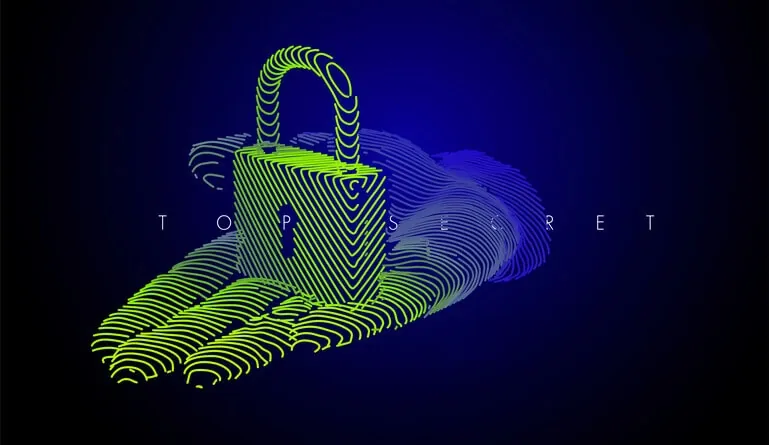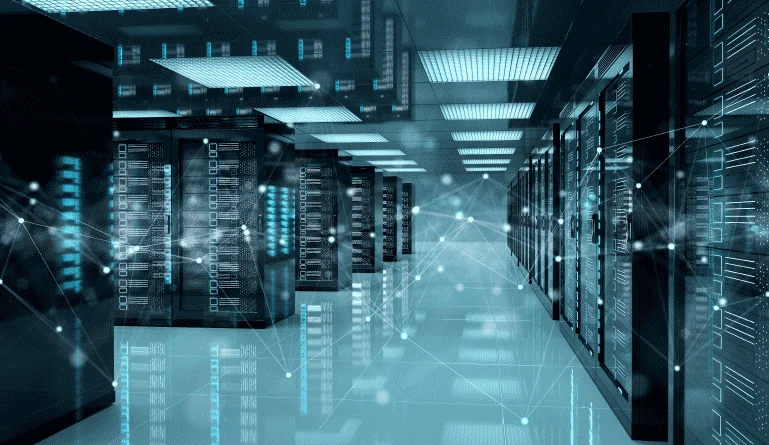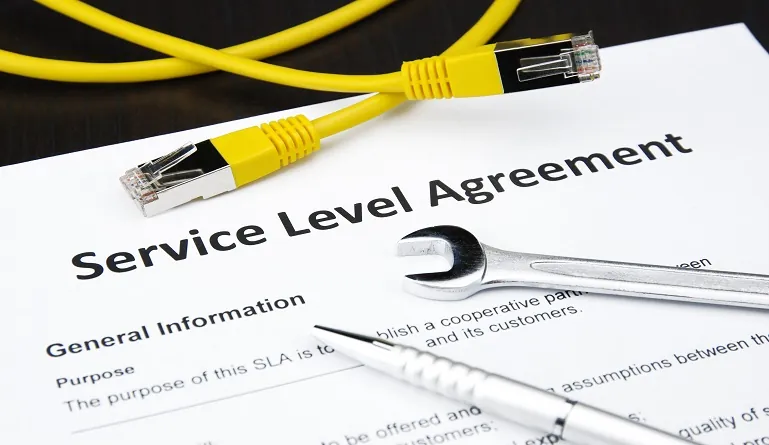The Mobile World Congress (MWC), hosted by GSMA in Barcelona every year, is among the most influential technology events in the world. This year’s edition just ended in the first week of March, and we saw an overwhelming emphasis on all things IoT.
The Internet of Things or IoT aims to build an interconnected network of things, appliances, objects, and machines, which will bring tech into every workflow and sphere of our lives — even non-digital ones. MWC 2023 brought a massive range of Internet of Things breakthroughs to the forefront, from IoT platforms to consumer-grade products.
Let’s dive into the highlights from this year’s Mobile World Congress (MWC):
1. Private network providers announce their vision for stronger infrastructure
An IoT ecosystem is only as strong as its connectivity backbone, which makes advancements in networking technology so important for the industry. A robust network will provide IoT systems with low latency, less downtime, faster data processing, and better last-mile connections.
At MWC 2023, several network service providers and carriers announced new offerings. HPE revealed that it had acquired Athonet, a seller of private core networks, and mobile communication company BICS announced that it would be working with Microsoft to help IoT devices switch seamlessly between private and public networks.
On a similar note, Cisco partnered with NTT Ltd to develop a joint solution for private 5G deployments.
2. Deutsche Telecom elaborates on the power of satellite IoT
When it comes to IoT connectivity, regular cellular networks still dominate. Companies like Deutsche Telekom are looking to change this through advancements in satellite IoT. importantly, the concept of satellite IoT refers to the use of satellite networks and services to connect edge devices and sensors to a remote server. At MWC 2023, Deutsche Telecom announced that it would work with Intelsat and Skylo to build out its satellite IoT value proposition.
The company also demonstrated three real-world use cases at the event. This includes connected wind turbines, broadband connectivity in maritime regions, and smart water management.
3. Qualcomm showcases its new IoT cloud solution, Qualcomm Aware
When it comes to the Internet of Things, Qualcomm took centerstage at MWC 2023. Among other things, it demonstrated the Qualcomm Aware platform, a cloud solution designed for industrial IoT (IIoT) settings. While there are commercial applications of Internet of Things in nearly every sector, industrial domains like manufacturing, mining, construction, etc., have a particular use for the technology.
For this reason, Qualcomm unveiled a suite of new products to support its industrial strategy, and a fresh business model along with it. Qualcomm Aware will essentially help maintain real-time visibility of manufacturing environments, as well as transit and condition monitoring. It will achieve this through API connectivity with virtually any industrial device, be it a tracer or a sensor.
To begin with, Qualcomm Aware will integrate with Microsoft Dynamics 365, Salesforce, and Foxconn Industrial Internet, among other plug-ins.
At MWC Barcelona this year, the company also announced that it would collaborate with Dell on 5G radio access networks (RAN) design and deployment.
4. Aeris Communications moves forward with Ericsson’s IoT offerings
In December 2022, Ericsson announced that it would transfer IoT Accelerator and Connected Vehicle Cloud businesses to California-based Aeris. The two companies were at MWC 2023, showcasing their IoT offerings that target transportation, utilities, healthcare, and the automotive sector. CSPs will also be able to roll out and monetize new connectivity services on top of the IoT Accelerator platform.
This year’s MWC provided a forum for communication giants to convey their support for Ericsson’s Iot lineup, which will now be managed by Aeris. SoftBank, Telenor Connexion, and Telstra were among the companies present at the event.
5. Electronics manufacturer Murata demonstrates several cellular IoT solutions
Widespread IoT implementation relies on the availability of compact, affordable, cellular technologies. This is precisely where Netherlands-based Murata Manufacturing is making headway. The company demonstrated its IoT-first SIM solutions at MWC 2023, which is available in a 15.4mm x 18.0mm x 2.5mm form factor — ideal for building automation, asset tracking, and smart cities. Within its tiny real estate, the SIM has an ultra-low-power microcontroller unit, integrated RAM, and 1MB of serial flash.
In addition to this, the company showcased its Murata Type 2GD IoT module that’s compatible with 5G networks. It also presented an interactive vehicle-to-everything (V2X) demo, exploring how IoT can make roads safer and optimize traffic flows.
Interestingly, Eseye was another company that announced a new SIM solution at MWC Barcelona 2023.
6. Askey Computer Corporation expands on 5G and Wi-Fi 7 capabilities
Askey was another important Iot presence at the Mobile World Congress 2023. The company conducted an extensive exhibition, featuring its solutions for 5g and Wi-Fi 7. Of particular note were the solutions titled “civil IoT” and “Internet of Vehicles.” Askey has over three decades of experience in electronics manufacturing and network communications, which enables it to offer digital transformation solutions for SMBs.
The company’s private network solutions have already achieved integration with 5G, Artificial Intelligence of Things (AIoT), and virtual reality for smart factories.
For the internet of vehicles, Askey has built a 5G system that integrates with real-time satellite navigation for precise monitoring. This could play a transformative role for in-the-moment traffic optimization and emergency vehicle routing.
7. IOT Factory presents IoT smart building solutions
IOT Factory is among the world’s most notable distributors of sensors. This year, at MWC Barcelona, the company presented its solutions for building management using sensors (LORAWAN, NB-IOT, LTE) and the IOT Factory software platform. Together, these components improve the air quality inside buildings and also reduce their energy consumption.
8. Forum on what genuine value from IoT looks like
In addition to demos and announcements, the MWC also hosts several exciting conversations and fireside chats between industry pioneers. Among these, neXt Curve’s Leonard Lee met with Afzal Mangal from iotcreators.com to discuss what the genuine value of the Internet of things could be.
Around two decades ago, when the Internet of Things was first reaching some sort of a concrete conceptualization, it was expected to bring dramatic change. Now, this has been reduced to short-term business impacts like monetization, costs and profits, the experts argued at the event. Maximum value from this technology should be measured in terms of societal good and changing lives, going beyond economic factors.
Conclusion
MWC 2023 saw several leading and emerging IoT companies take center stage. Their offerings are less about some faraway, futuristic vision and have more to do with the real-world benefits of IoT in the here and now. Organizations can use the Internet of Things to improve both core operations (like supply chains, equipment maintenance, fleet management, etc.) as well as ancillary ones (like monitoring employee health using wearable or maintaining optimum building conditions).
The potential of the Internet of things is vast, and these eight highlights from MWC 2023 show precisely how much businesses stand to gain.





